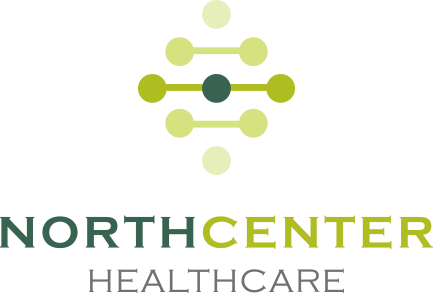Notices
“No Surprises Act”
You have the right to receive a “Good Faith Estimate” explaining how much your medical care will cost
Under the law, health care providers need to give patients who don’t have insurance or who are not using insurance an estimate of the bill for medical items and services.
· You have the right to receive a Good Faith Estimate for the total expected cost of any non-emergency items or services. This includes related costs like medical tests, prescription drugs, equipment, and hospital fees.
· Make sure your health care provider gives you a Good Faith Estimate in writing at least 1 business day before your medical service or item. You can also ask your health care provider, and any other provider you choose, for a Good Faith Estimate before you schedule an item or service.
· If you receive a bill that is at least $400 more than your Good Faith Estimate, you can dispute the bill.
· Make sure to save a copy or picture of your Good Faith Estimate.
For questions or more information about your right to a Good Faith Estimate, visit www.cms.gov/nosurprises.
HIPPA Notice:
Northcenter Healthcare, is committed to protecting the privacy of your Protected Health Information (PHI) in accordance with HIPAA regulations. We will only use and disclose your PHI as permitted by law and as necessary for treatment, payment, and healthcare operations, and we will provide you with a Notice of Privacy Practices upon request.
Patient Bill of Rights:
As a patient, you have the right to:
Timely access to medical care.
Be treated with dignity and respect by each MED health unit staff member.
Medical care that is free from discrimination on the basis of age, sex*, race, ethnicity, national origin, language, disease, disability, or religion.
Easy-to-understand information about your diagnosis and treatment options from your MED medical service provider.
Ask your MED medical service provider questions so that you can make informed decisions about your health.
Request the professional qualifications of the primary MED medical service provider rendering care.
Communicate confidentially with your MED medical service provider.
Privacy and confidentiality as outlined in the Notice of Privacy Practices (available at your health unit).
Withdraw your consent, delay, or otherwise refuse examination, intervention, or treatment.
Continuity of care – if for any reason you decide to seek care elsewhere, your MED medical service provider will work to coordinate your care in accordance with your wishes.
Review and request amendments to your medical records.
Provide confidential feedback about any matter that occurs in MED Health Units by available means, including the MED Feedback Survey, accessible at www.bit.ly/MEDFeedbackSurvey.
As a patient, you have a responsibility to:
Conduct all your interactions with MED Health Unit staff members, other patients, and visitors in a respectful and polite manner. Verbal or physical intimidation, violence, or the threat of violence towards anyone will not be tolerated and will be reported to the appropriate authorities.
Be honest and forthcoming with your MED medical service provider about the symptoms you are experiencing.
Provide as complete a medical history as you can, which includes details and information about past illnesses, medications, hospitalizations, and other matters related to current health.
Cooperate with agreed-upon treatment plans.
Coordinate routine medical care and delivery of needed medications if you accept an assignment at a post where such care or medication may not be available.
Fulfill financial responsibilities that are incurred when seeking medical care on the local economy.
Understand that the Health Unit operates in a manner intended to protect patient safety, safeguard confidentiality, and reduce the risk of medical errors. Health Units adhere to established business hours, observe standard operating procedures, and provide care consistent with health unit capabilities and available resources.
* As defined by current U.S. Equal Employment Opportunity Commission policy
